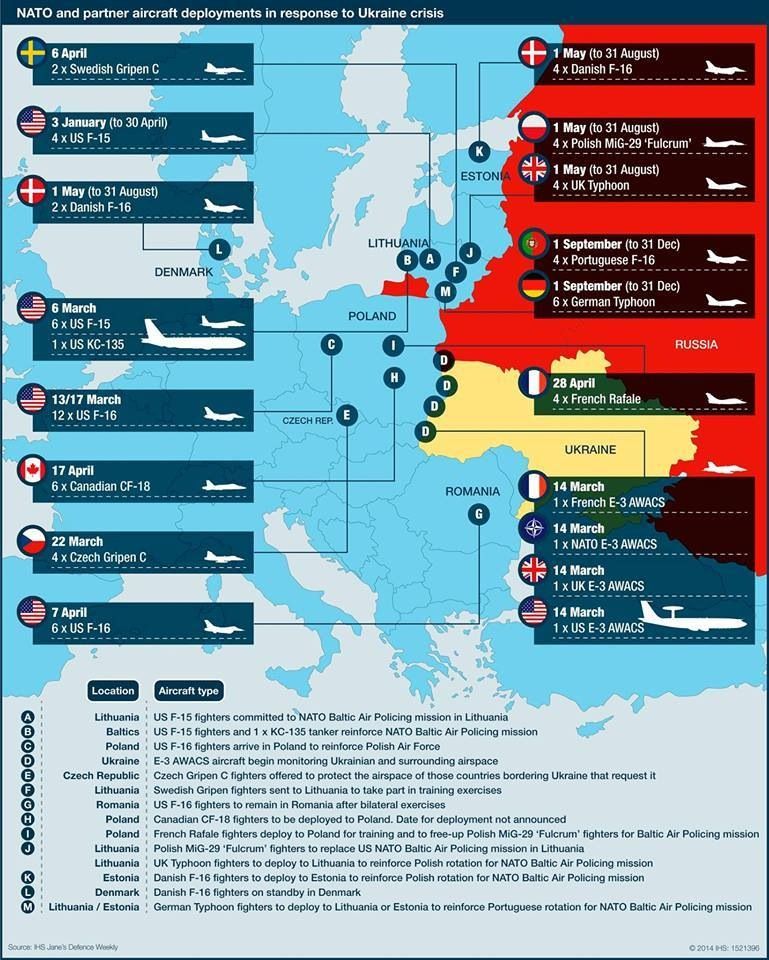French 'flying car' undergoes testing for special forces
Apr. 30, 2014 - 05:02PM |
By Pierre Tran
FILED UNDER
News
Military Technology
PARIS — In “Live and Let Die,” a black-clad James Bond silently flies in the night in a black hang glider and lands on a mountain.
More than 40 years later, French special operations forces seek to do something similar, this time using a combination hang glider-dune buggy under development.
A prototype flying dune buggy designed for the military is going through tests at an air base, said Jerome Dauffy, chairman of Vaylon, a start-up company that developed the vehicle.
The prototype is a light all-terrain vehicle that can take off and fly in powered flight and paraglide.
The need for a stealthy air transport was apparent in an attempted night rescue of a French secret service agent held hostage in Somalia in January 2013. Insurgents heard the French helicopters flying in and were armed and ready to thwart the mission.
France’s Direction Générale de l’Armement (DGA) procurement office placed a December 2012 order worth €200,000 (US $276,000) to build the prototype, which was delivered in early December 2013.
Vaylon designers see the vehicle filling missions such as reconnaissance, hostage rescue, transport of equipment and air drop.
The company would supply the vehicle, leaving the special forces to decide what equipment to install, Dauffy said.
“One of the options would be to arm later versions of the vehicle with a bigger payload with weapons such as machine guns, 2.75mm rocket, or the light multi-role missile from Thales UK,” said Francis Rodriguez, business development director for Vaylon. That larger payload would be 200 to 300 kilograms.
The prototype carries two seats. The design allows taking out the passenger seat out to allow arms and equipment to be stored for the mission, Dauffy said.
Vaylon pitched the Pegasus concept to the DGA in 2010, he said. As the special forces had a requirement for an all-terrain vehicle, the procurement office agreed to back the project and inject €60,000 to partially fund two years’ development.
The company also raised finance from state-owned Banque Publique d’Investissement and its own funds. Total development cost is undisclosed.
Vaylon hopes to receive further funding for a second phase comprising pre-production and full-scale production in 2015.
Once on the market, the unit price is expected to be €100,000.
Meanwhile, the company is working hard to promote the vehicle. The company will have a stand at the Special Operations Forces Exhibition in Jordan, which opens May 6, showing a mock up and video footage.
The company also plans to put the Pegasus on display at the French Eurosatory land armaments trade show, opening June 16.
The flying car was on display in November, at the entrance of Ecole Polytechnique university, which played host to the DGA Innovation Forum, a technology showcase.
Vaylon is one of some 20 start-ups in Starburst Accelerator, which offers strategic marketing, help finds institutional funding and rents office space to the small company members, said François Chopard, a managing partner at Impulse Partners, a consultancy that set up the business angel.
Vaylon sees civilian applications for the vehicle, including civil security, crisis management and tourism.
The prototype runs on petrol, but a later version would also use diesel. On costs, flight would be €20 per hour, rising to around €50 including maintenance.
Pegasus can take off in 50-100 meters, fly at a height of 3,000 meters and land under 10 meters.
Vaylon is also a member of Astech, an association for aerospace industry competitiveness.


